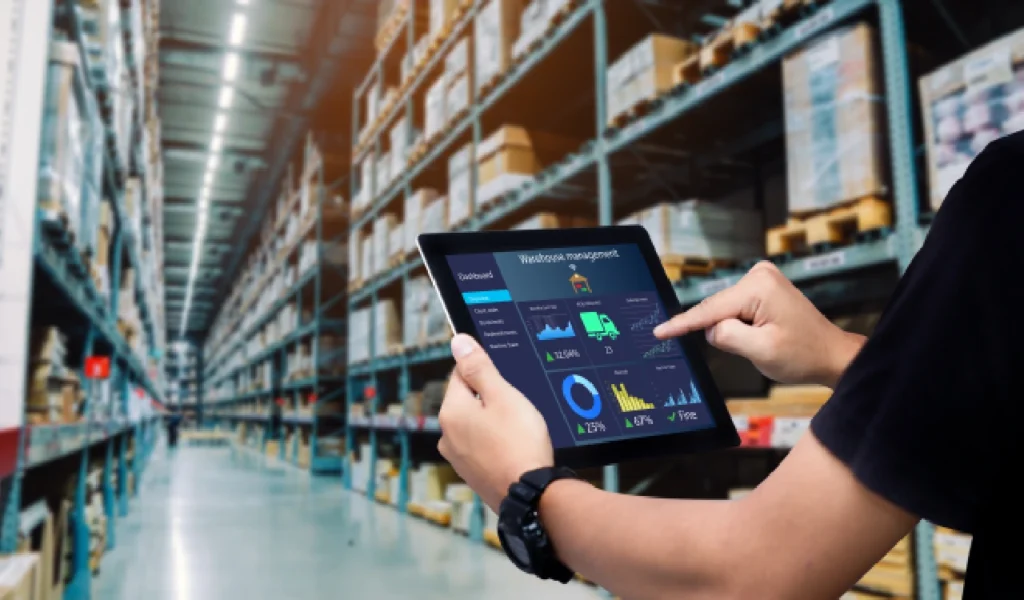5 Ways AI Enables Ethical Sourcing Practices In Retail
About 90% of global consumers prioritize buying from companies with ethical sourcing strategies, according to an OpenText research. The research also highlighted that 83% of them are willing to spend more on an ethically sourced product. As statistics suggest, ethical sourcing, once a commendable practice, has evolved into a need for retailers. Consumers are increasingly aware of the impact of their purchases. This shift in consumer behavior has a ripple effect, reaching investors and stakeholders who are also prioritizing ethical practices.
That said, it can be challenging to ensure ethical practices throughout a complex supply chain, often spanning multiple countries and involving numerous factors. This is where artificial intelligence (AI) emerges as a powerful ally.
Find out more: All You Need to Know About Generative AI
How Can Retail Businesses Benefit from AI-Enabled Ethical Sourcing?
With advanced machine learning, data analytics, and predictive methodologies, AI can analyze vast amounts of data from various sources and offer transformative solutions for ethical sourcing across various aspects, such as:
Establishing transparency and traceability
AI algorithms have started a new era of transparency and traceability within the supply chain. They can analyze data from various sources to offer a comprehensive view of a product’s journey and help trace the origin of products from raw materials to finished goods.
For instance, Blockchain technology, with its immutable ledger, can monitor real-time condition and movement of a product from its origin to delivery. This allows retailers to confidently communicate the journey of each item to users alongside gaining a clear understanding of the ethical footprint at every stage.
Ensuring supplier compliance and accountability
By analyzing various data points like production timelines, worker conditions, and adherence to ethical sourcing standards, AI can create a comprehensive profile of a supplier’s practices. This includes assessing supplier compliance, monitoring supplier activities, uncovering potential violations, and even predicting future risks and enabling proactive intervention.
The detailed scrutiny goes beyond just verifying the presented documentation. By cross-referencing supplier-provided information with industry standards and benchmarks, AI ensures the authenticity of their claims and certifications, reinforcing the credibility of their ethical sourcing initiatives.
Retailers can utilize these insights to partner with the right suppliers for their requirements. Such a collaborative approach promotes a culture of accountability and transparency throughout the supply chain, which also resonates with consumers and investors alike.
Promoting fair labor practices
Ethical sourcing implies much more than a product’s procurement. It is also about following fair practices and giving safe working conditions for everyone involved in the supply chain.
Leveraging computer vision technology, AI can monitor factory workspaces, identifying overcrowding, inadequate safety equipment, and other potential hazards that might go unnoticed by human inspectors.
Such insights can help uncover potential violations like child labor, unfair wages or unsafe working conditions with supreme accuracy. Retailers will thus be able to take the right steps, addressing specific issues and promoting fair labor practices across their entire supply chain.
Find out more: Revolutionizing Logistics Supply Chains: A New Model for Success
Taking proactive measures against disruptions
Predictive AI models can analyze historical data, current trends, and external factors to predict potential disruptions in climate, labor, and the supply chain. For example, AI can help predict potential labor disputes before they escalate, anticipate natural disasters that might disrupt the supply chain, or forecast fluctuations in resource availability that could lead to unsustainable practices.
AI empowers retailers to make informed decisions that align with ethical sourcing practices, creating a resilient supply chain. It helps them optimize their response to disruptions with swift and informed decision-making. The decisions include adjusting sourcing strategies, diversifying supplier base, revising production timelines, or implementing a contingency plan.
Minimizing environmental impact
As conscientious consumerism grows, AI transforms retail sourcing into an environmentally responsible endeavor. AI algorithms can analyze historical and real-time data to optimize supply chain routes, minimizing fuel consumption and emissions. It can also facilitate energy-efficient operations, reducing waste, promoting recycling, and driving sustainability.
Furthermore, AI can automate numerous repetitive tasks that reduce time and resource wastage. Besides aiding sustainability efforts, this also eliminates human bias in decision-making and fosters impartial choices aligned with ecological objectives.
Find out more: The Role of AI in Promoting Sustainability in Retail
Taking The AI Route
As retailers navigate the complex landscape of global sourcing, the ethical imperative cannot be overlooked, especially with consumers increasingly preferring sustainable and responsible businesses. By embracing AI solutions that help prioritize responsible considerations, retailers not only safeguard their brand reputation but also build a more sustainable and responsible global supply chain.
Furthermore, AI’s ability to continuously learn from past experiences and drive ongoing refinement helps retailers evolve and adapt. This ensures that ethical sourcing practices remain dynamic and responsive to emerging challenges and contribute to a world where commerce aligns with sustainability and responsibility.
Find out more: Explore the Challenges in Implementing AI in Retail Supply Chains


